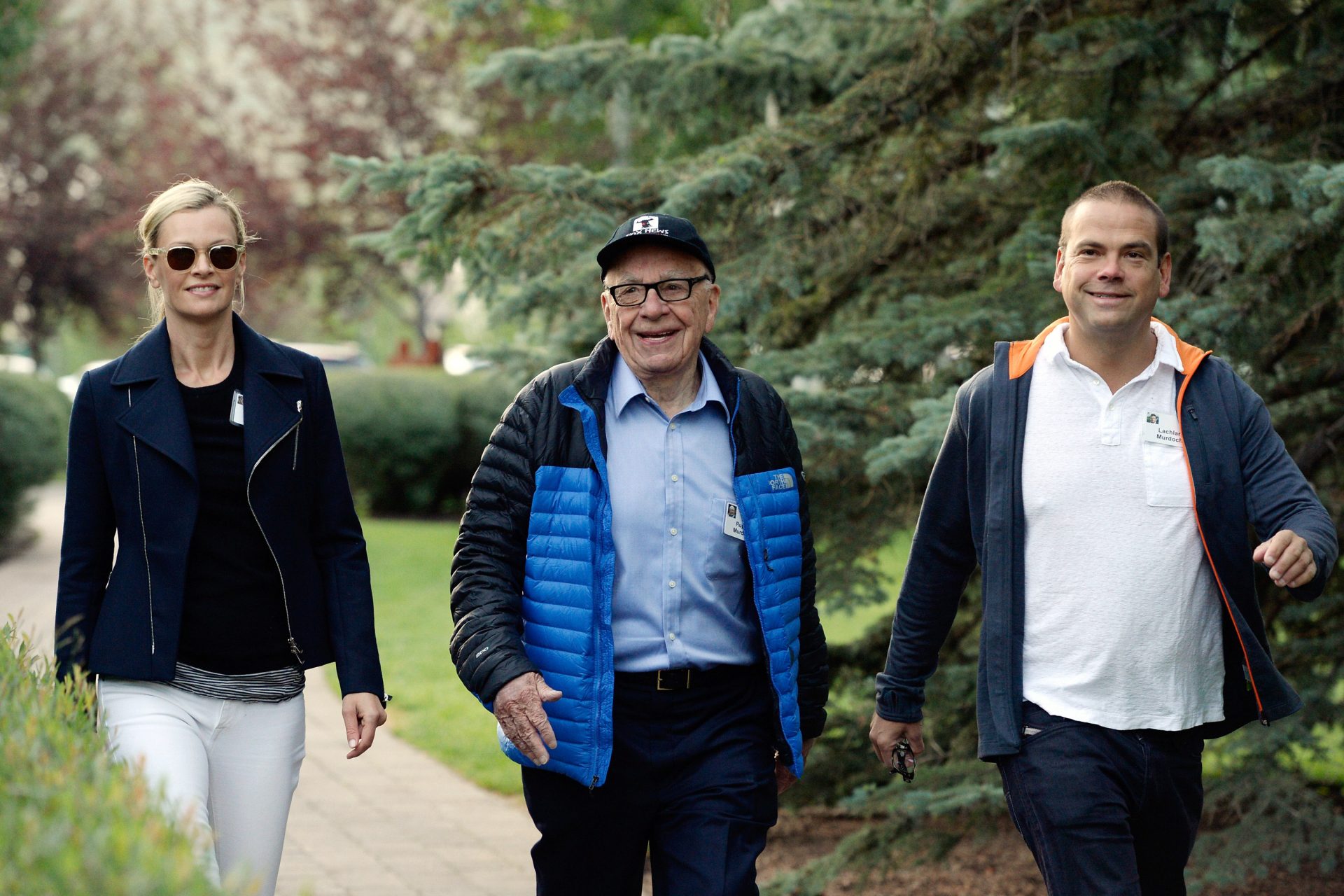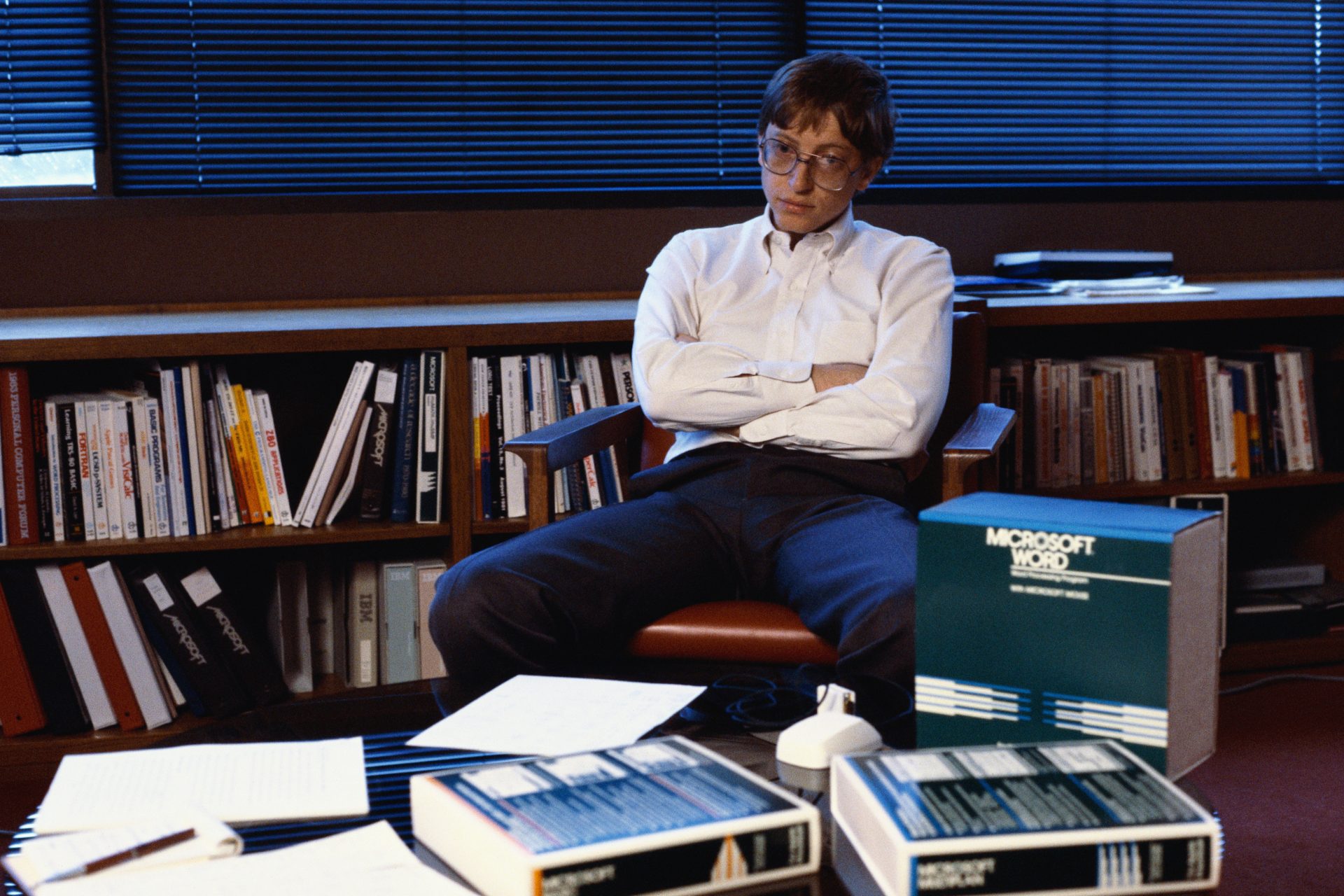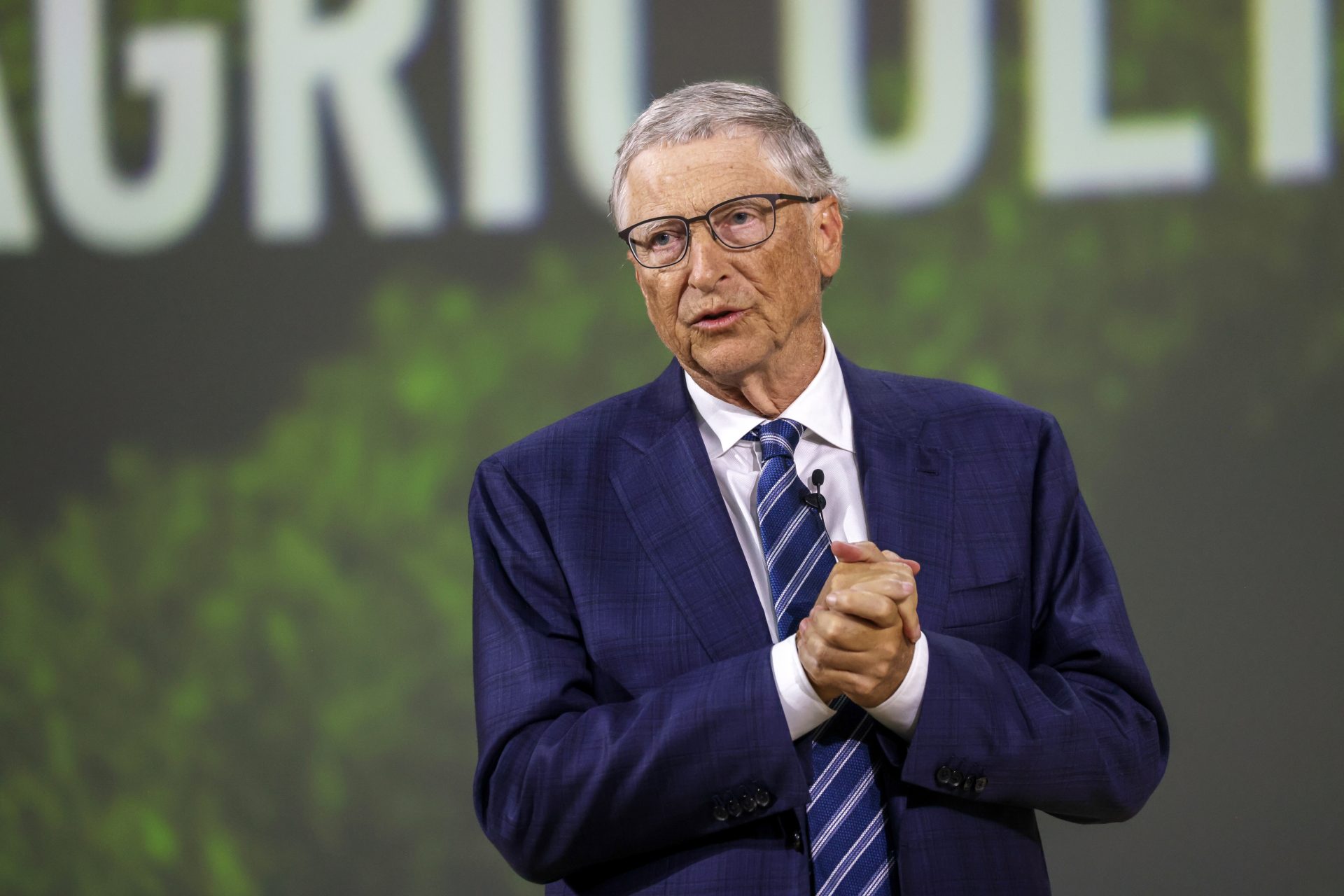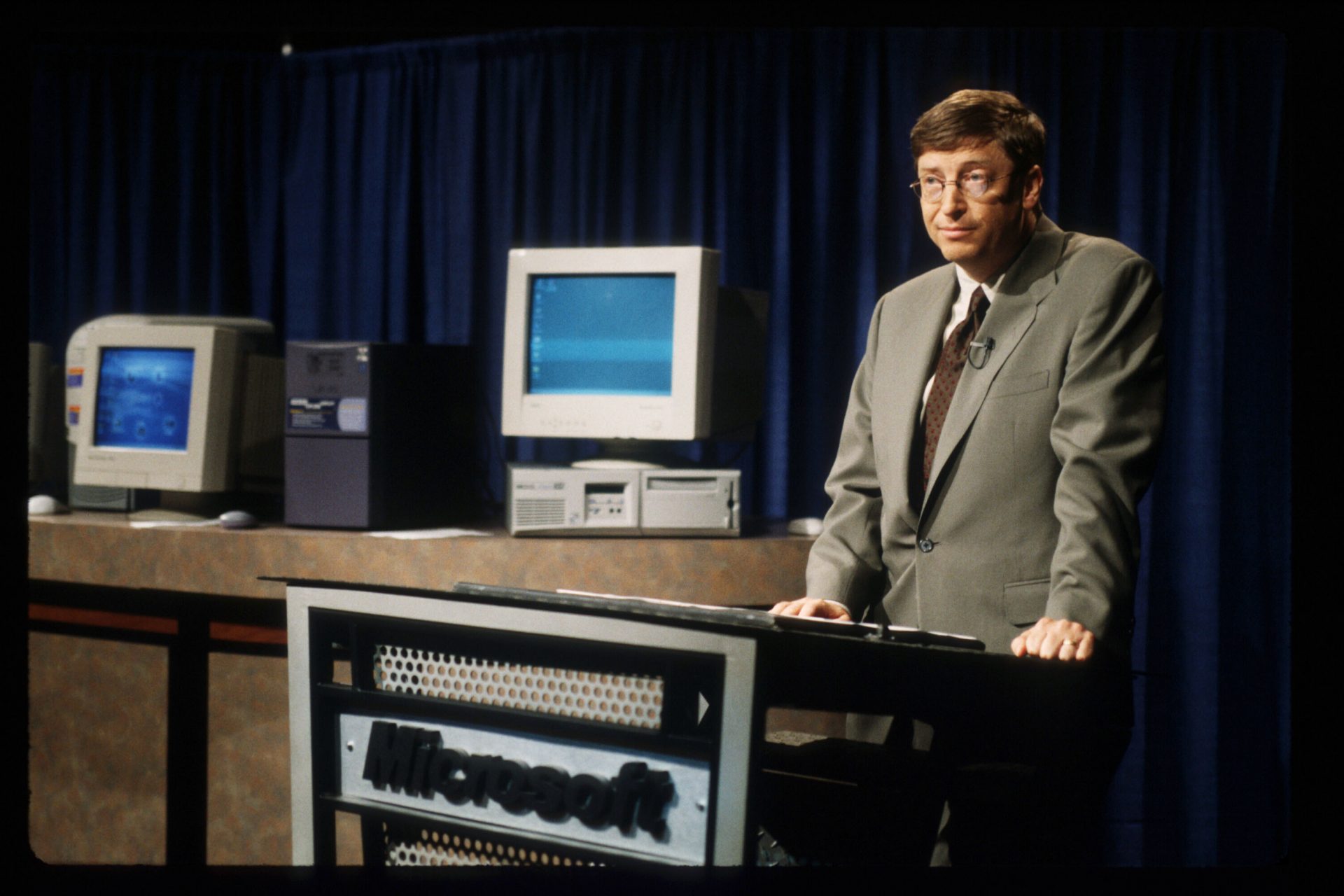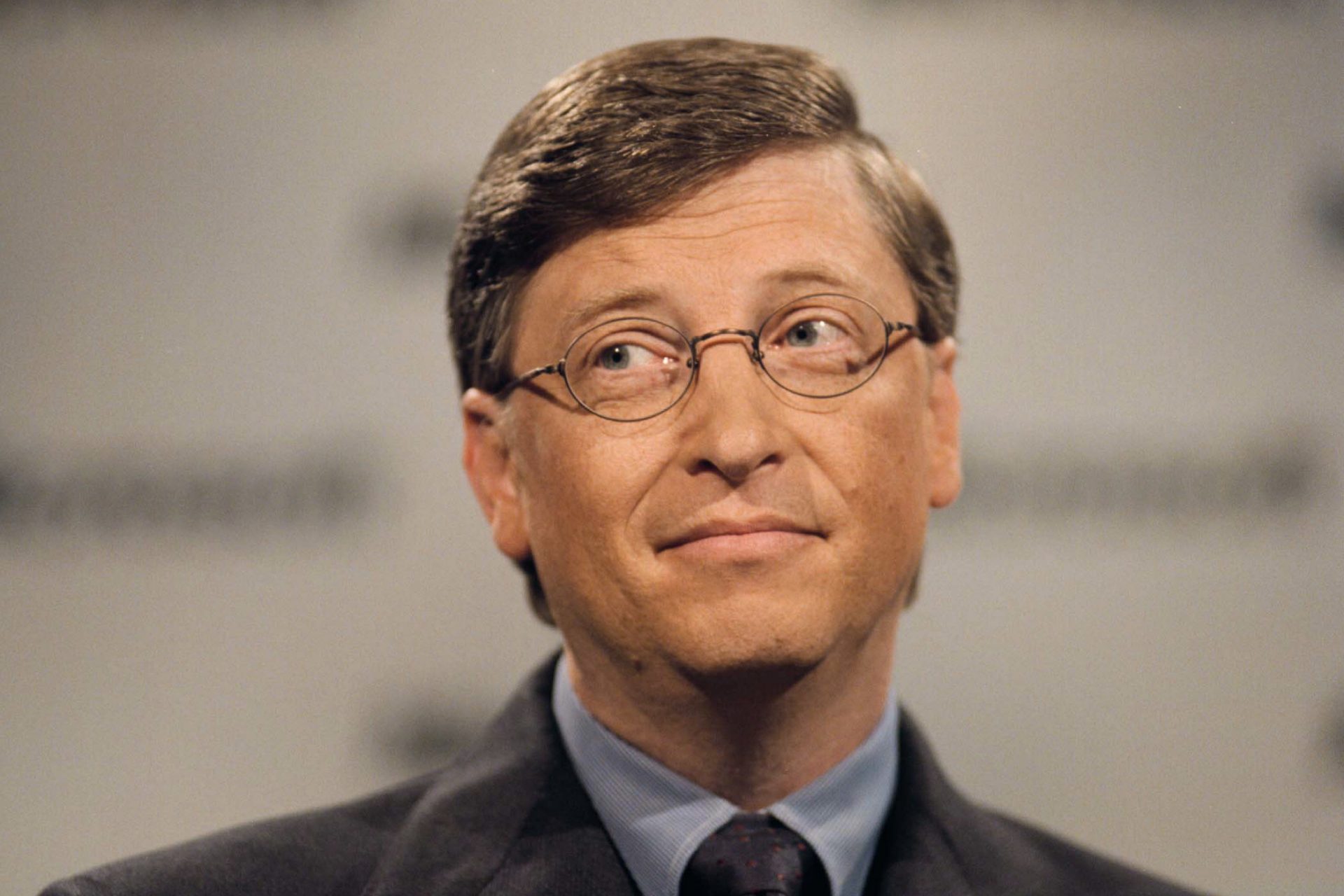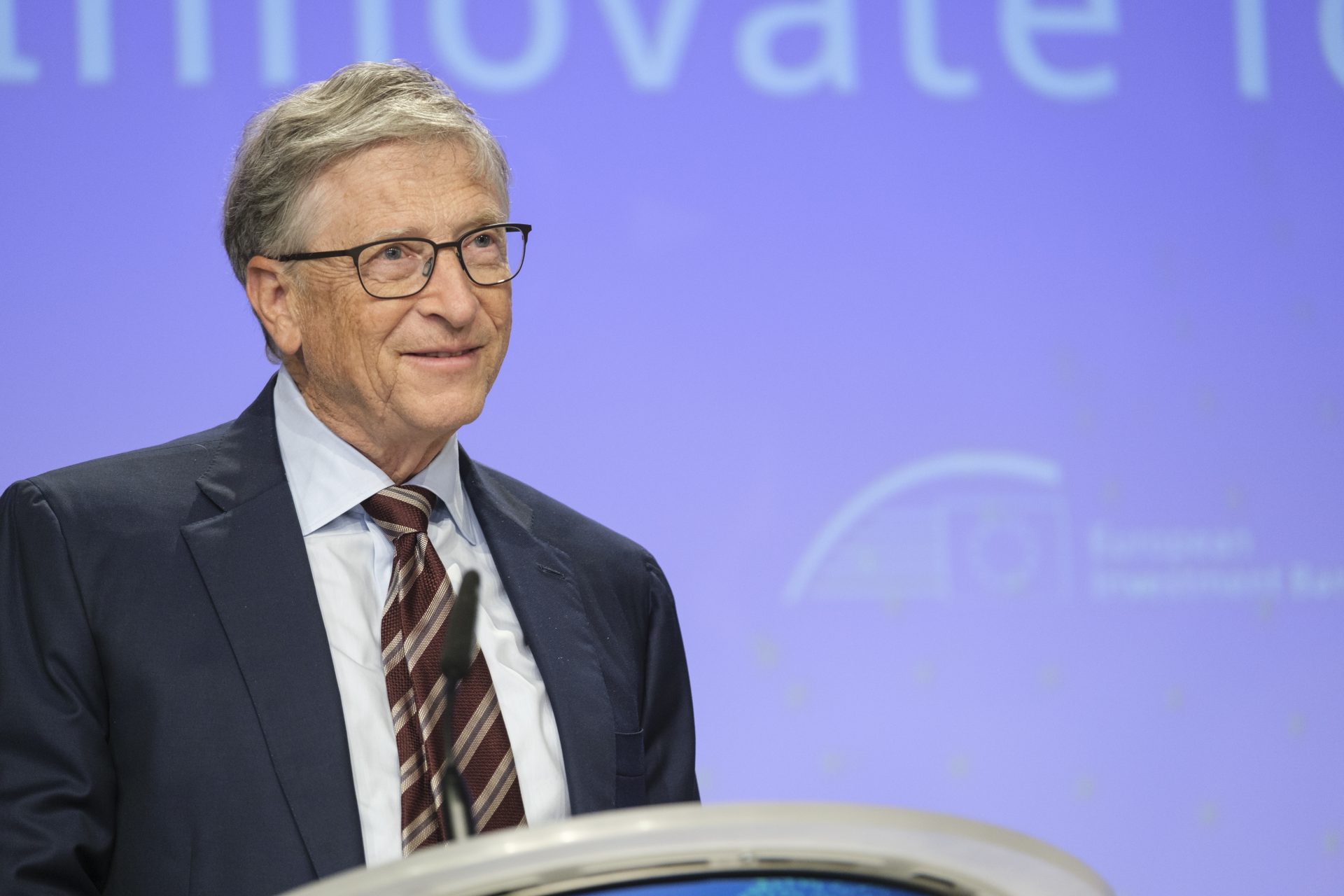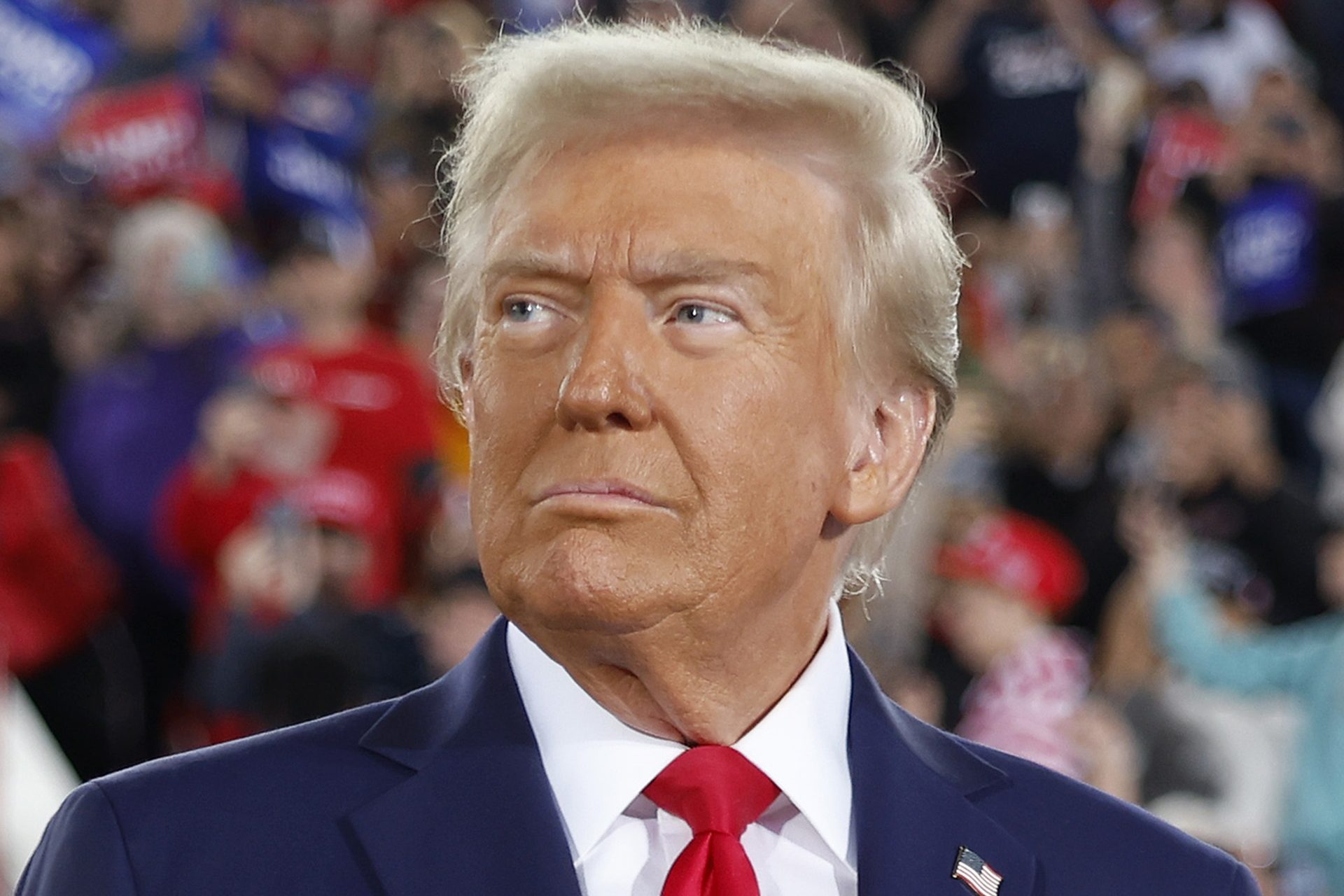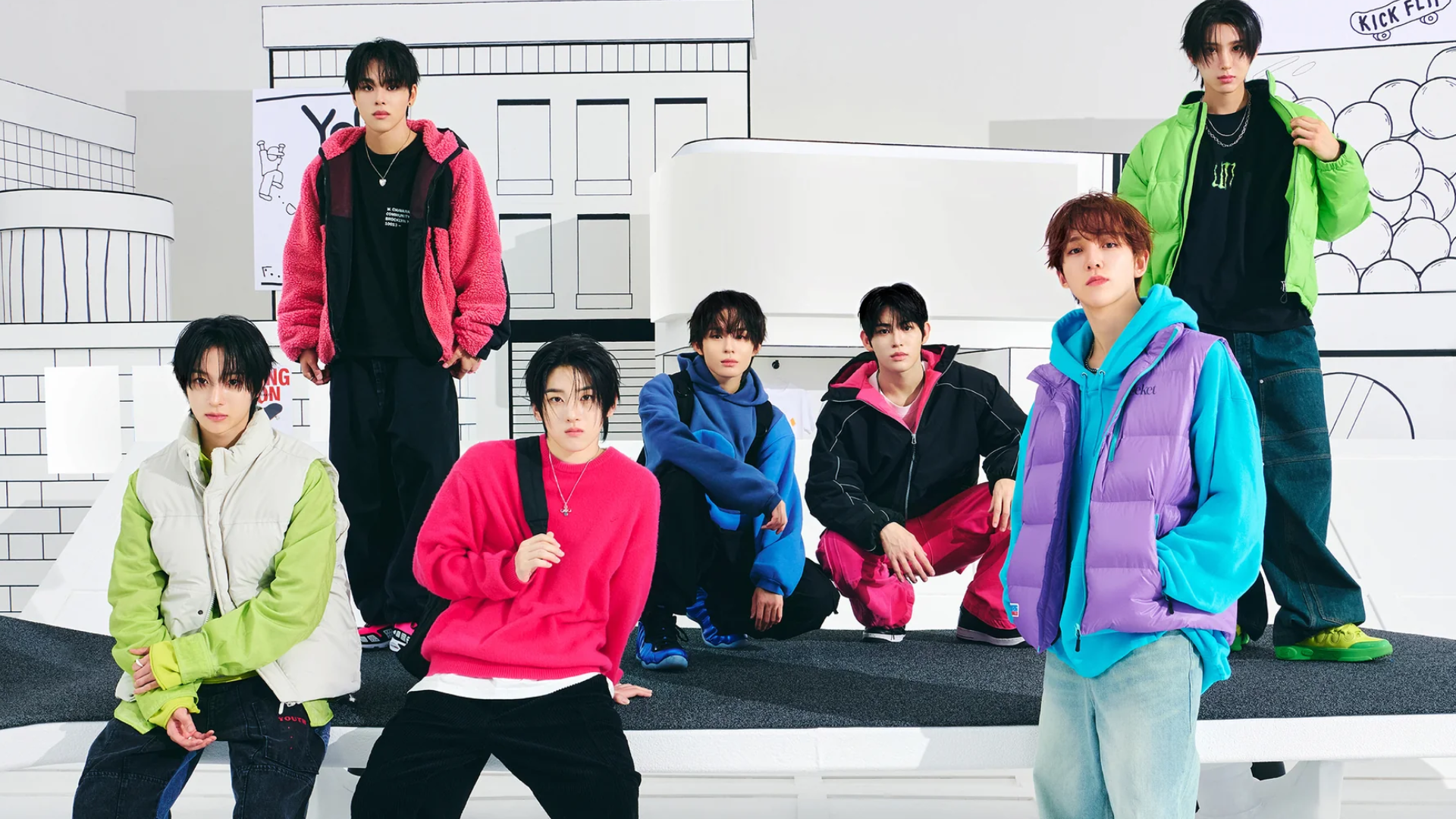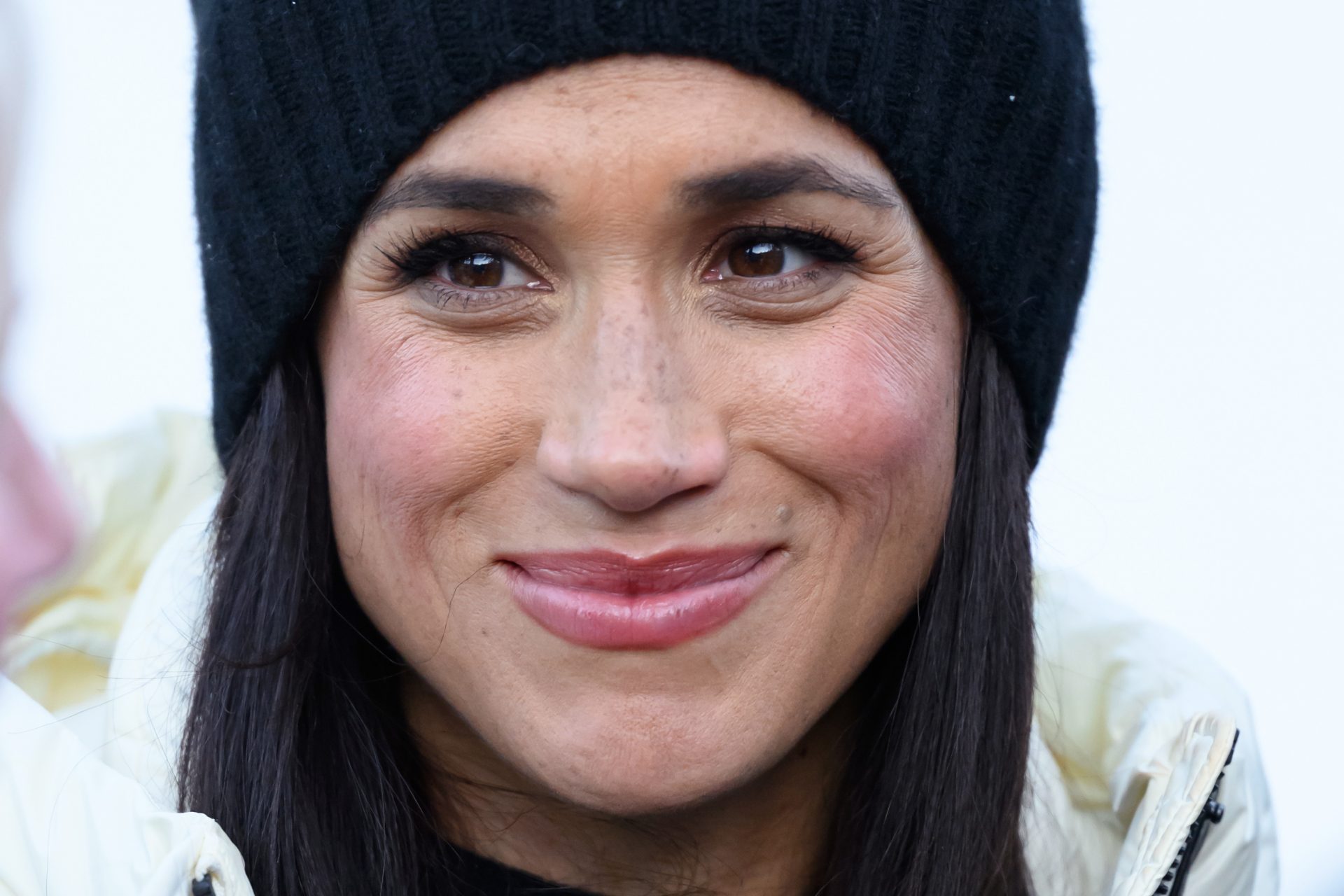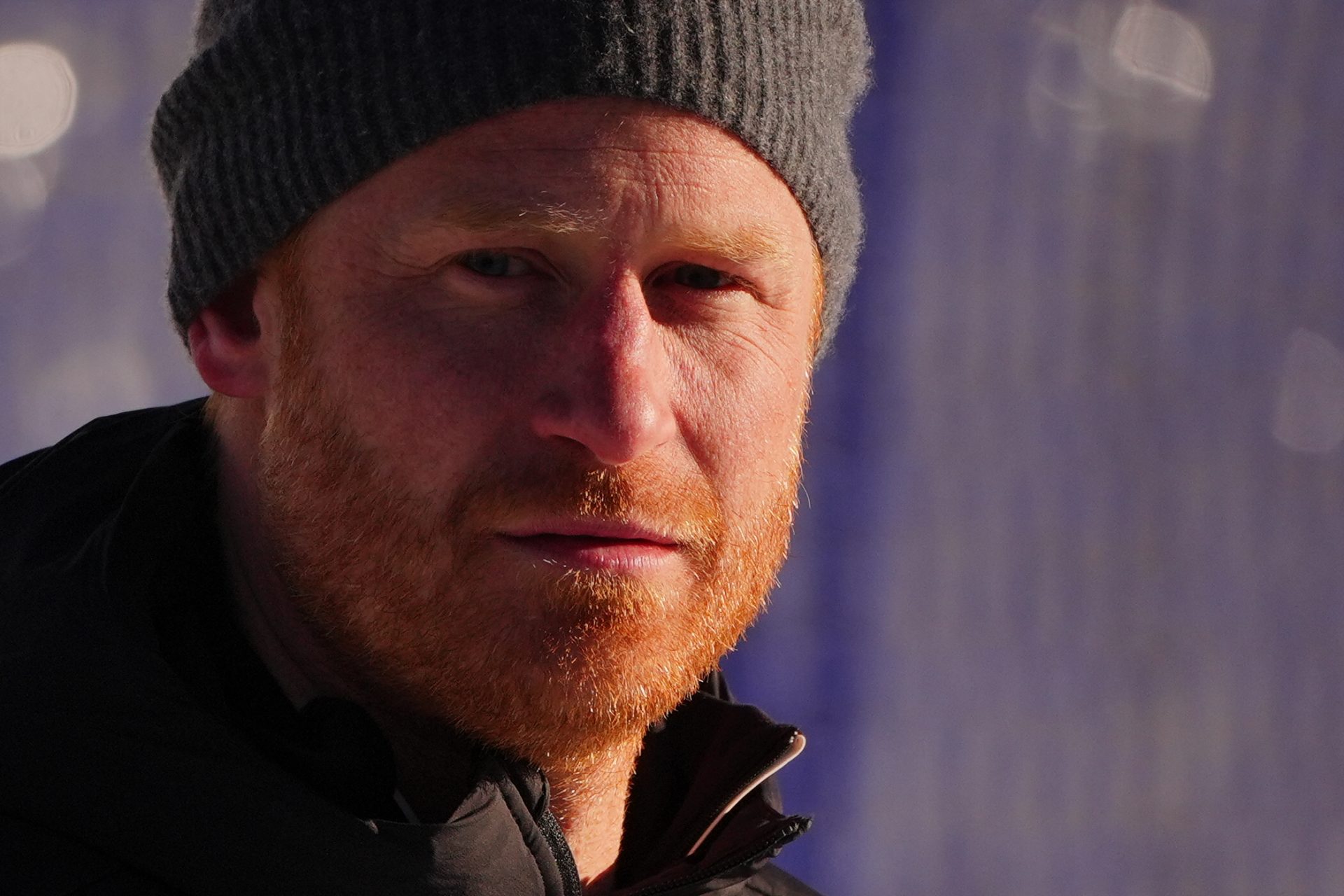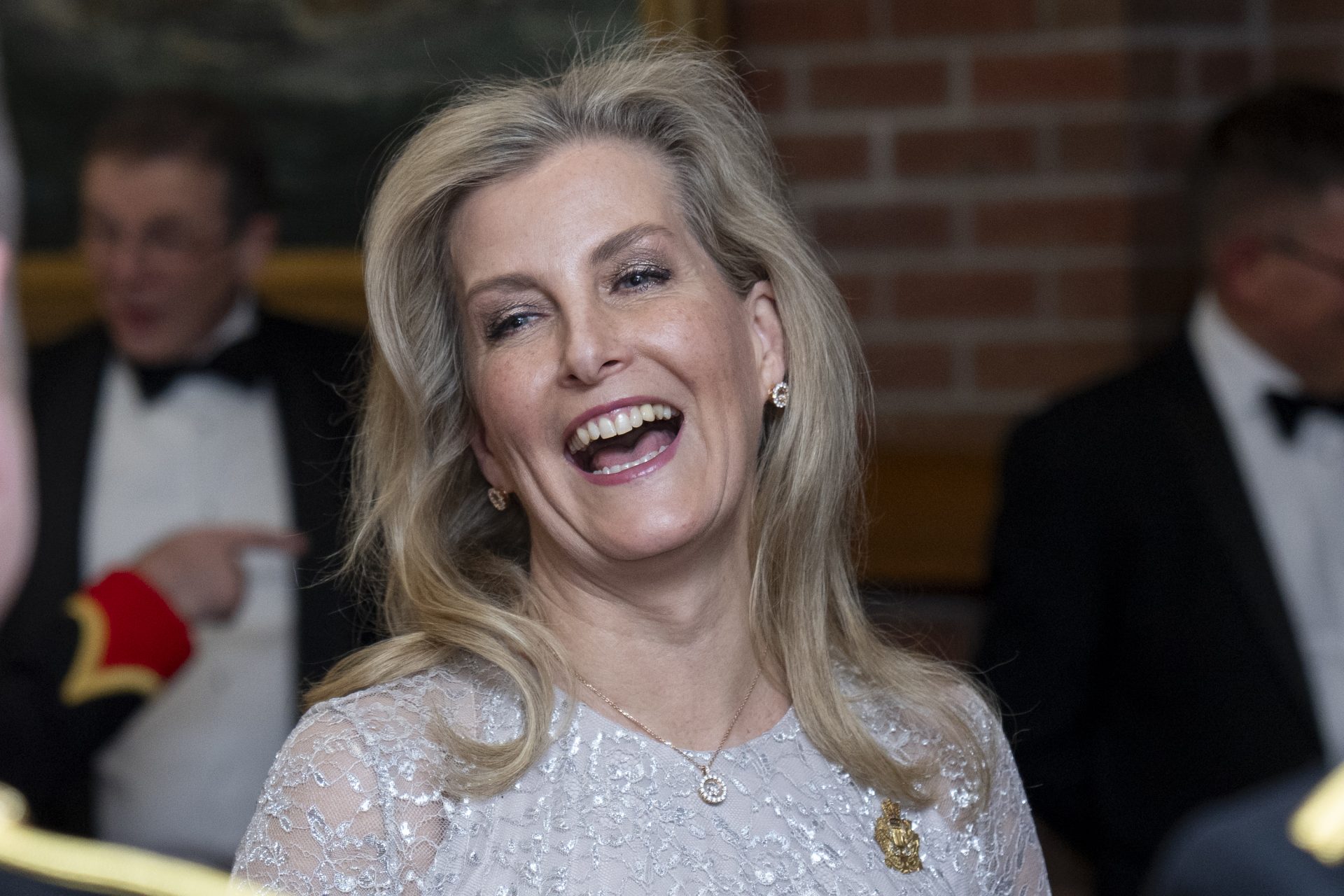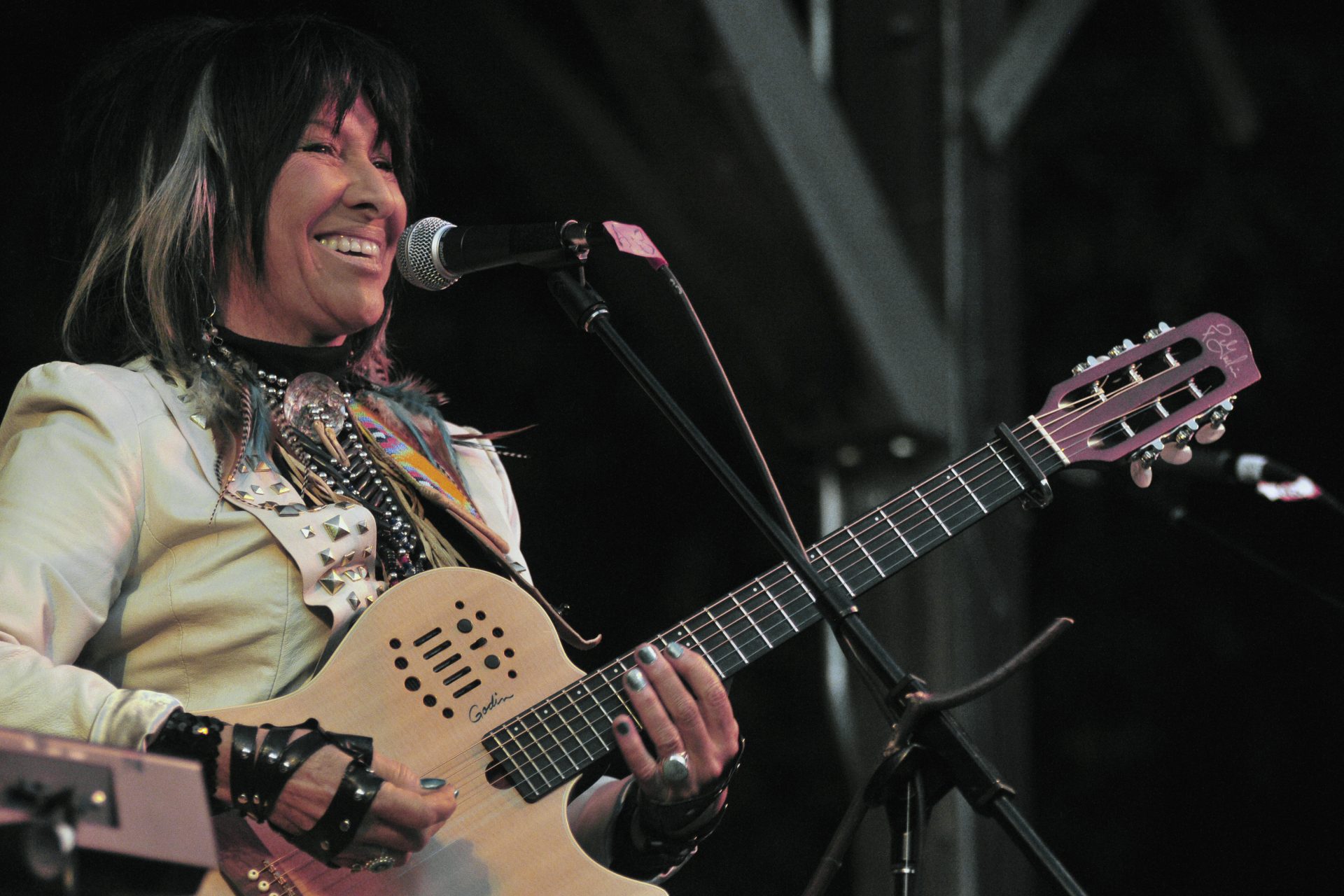Bill Gates made 15 predictions in 1999 that have all come true
Move over, Nostradamus — Bill Gates might just be the most accurate "future predictor" around. Here are 15 of his biggest predictions to prove it. These predictions can be found in his 1999 book Business @ the Speed of Thought, with information from LADbible.
Today, our entire lives are on our phones, but in 1999, it was (blissfully) not a thing. Gates, however, saw the potential: "People will carry around small devices that allow them to constantly stay in touch and do electronic business from wherever they are. They will be able to check the news, see flights they have booked, get information from financial markets, and do just about anything else on these devices."
Price comparison sites like Google Products make it easy to find the best deal on everything from credit cards to shoes or travel insurance. Here’s what Gates had to say: "Automated price comparison services will be developed, allowing people to see prices across multiple websites, making it effortless to find the cheapest product for all industries."
There was a time when you had to visit your local bank for every financial transaction. Now we can pay for things, send money, and check our balances online, just like Gates predicted: "People will pay their bills, take care of their finances, and communicate with their doctors over the internet," he wrote back in 1999.
While he didn’t predict us shouting "Alexa" at a little round speaker, Gates did foresee an automated personal assistant in our homes. He envisioned "personal companions" that would make life easier for everyone: "They will connect and sync all your devices in a smart way, whether they are at home or in the office, and allow them to exchange data," Gates said.
In 1999, if you wanted to talk to your friends, you’d have to call them on a landline or see them in person. But Gates saw a world where everyone was hyper-connected: "Private websites for your friends and family will be common, allowing you to chat and plan for events."
"While watching a sports competition on television, services will allow you to discuss what is going on live, and enter a contest where you vote on who you think will win," he said. If you've ever been on X while following your favorite sport, you have an idea.
Predicting the rise of targeted ads, he wrote "Software that knows when you've booked a trip and uses that information to suggest activities at the local destination. It suggests activities, discounts, offers, and cheaper prices for all the things that you want to take part in."
Today, ads are everywhere. You might mention to a friend that you’re looking for new shoes, and moments later, Google shows you a pair. Gates also saw this coming: "Devices will have smart advertising. They will know your purchasing trends, and will display advertisements that are tailored toward your preferences."
Gates clearly predicted the future of commercials, foreseeing a time when TV ads would include links for viewers to follow online, scan a QR code, or connect with the brand on social media: ""Television broadcast will include links to relevant websites and content that complement what you are watching," he wrote.
"Residents of cities and countries will be able to have internet-based discussions concerning issues that affect them, such as local politics, city planning, or safety," Gates wrote in 1999. Much like the rise of social media, he predicted that the Internet would allow us to stay connected virtually and discuss the topics we care about with our friends and neighbors.
Gates also saw the future of human connection, predicting that people would share their interests globally, finding like-minded individuals from around the world without being held back by distance: "Online communities will not be influenced by your location, but rather, your interest," he said.
Today’s modern workplace is powered by project management tools like Slack, Google Workspace, and Microsoft Teams. Turns out, Gates had a digital vision for the office decades ago. He wrote: "Project managers looking to put a team together will be able to go online, describe the project, and receive recommendations for available people who would fit their requirements."
Gates had a vision of technologies like Google Nest long before they existed, imagining them as a high-tech version of a CCTV system: "Constant video feeds of your house will become common, which inform you when somebody visits while you are not home," he said.
LinkedIn has revolutionized the job market. Of course, Gates saw this professional connectivity coming: "People looking for work will be able to find employment opportunities online by declaring their interest, needs, and specialised skills," he wrote.
Gates made this prediction about business community software: "Companies will be able to bid on jobs, whether they are looking for a construction project, a movie production, or an advertising campaign... This will be efficient for both big companies that want to outsource work that they don't usually face, businesses looking for new clients, and corporations that don't have a go-to provider for the said service." Indeed, we now have platforms like Upwork, Fiverr, and Craigslist that allow small businesses to find freelancers and clients alike.


